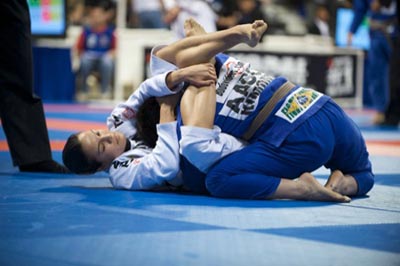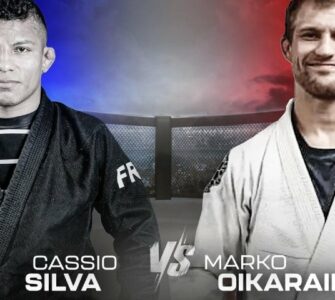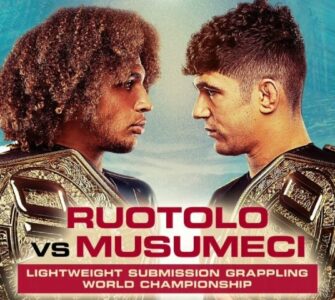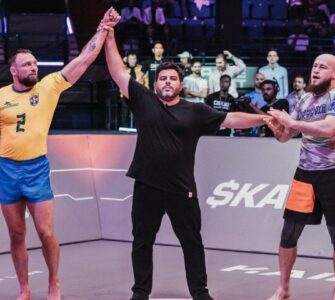Source: US Grappling
Weight Cutting:
Two days before a tournament is not the time to decide you will experiment with weight cutting. Weight cutting is a process. Weight cutting takes practice. Weight cutting often has side effects on physical performance: particularly for those unaccustomed to the process, the various methods, and the physical toll it exacts on your body. It would be ill advised to decide tournament day is the time to try the new flying omoplata shoulder lock to kimura trap you saw on youtube. It would be equally ill advised to try and drain your body of weight and water several days before an athletic competition if it is your first time doing so. Going onto a forum is not the place nor the avenue to explore weight cutting.
In Other Words: save the new ideas and changes to routine for another time (not days before your first tournament)
Skill divisions:
Trust your coach(es) to help you determine what is your appropriate skill division. This is more for the no gi competitors but for the (slightly) older competitors, or for the competitors eligible for both the adult and the masters categories: it’s better to compete, learn and be back in the gym on Monday than do 8 divisions, get hurt, and be out of training for weeks or months on end.
In Other Words: trust your coaches to place you in the correct skill divisions and the correct number of divisions based on their experience.
Game Planning:
Again, defer to your coach(es). If you pull guard in training at the start of every match that should probably be what you do in the tournament. If you prefer top position, the flying armbar at the start of the match may not be your statistically preferable first move at the word “Go”. Stick to the submissions, transitions, and sweeps which you rely on in training. Competition is tough enough with the tension, waiting, stress, shouting, pressure…..you do not need to try out something you saw last night on youtube because you couldn’t sleep the night before the tournament.
In Other Words: do what you’ve been doing in class and training.
Go To a Tournament to Just Watch:
If you’ve never competed before, you should go and watch your teammates and coaches. Experience the feel of the crowd. The tension. The shouting. The announcers calling people to the mat. Sit and watch. See how much “hurry up and wait” can take place even at well run tournaments. Experience for yourself the long haul that is a day competing at a grappling tournament. You will be surprised at how tiring the whole experience can be, just by watching your teammates and the various divisions play out. If you haven’t competed, you might show up at 9am, wound up like a Tasmanian devil on amphetamines, but realize that your white belt Gi division normally does not start until 3pm or later.
In Other Words: Go see for yourself what a tournament setting and day feels like rather than show up completely unprepared.
Bring snacks:
In keeping with the “hurry up and wait” part of a day competing: bring snacks. You will get hungry. Your blood sugar will become low. The nervousness and tension of a day competing and even that very first match will likely shock your body if you are unaccustomed to grappling competition. I know, I know, you played football in high school, or you wrestled, or you played Judo. However, this is a different experience. And the pace, the setting, the venue, the rules are all different to some extent. Bring snacks, a sports drink, plenty of water, and some light snacks like fruit, peanut butter, some sandwiches, something that is moderately healthy, but not too heavy that you can force yourself to eat so that your blood sugar levels do not crash.
In Other Words: Bring snacks more than you think you will eat. The future favors the prepared. The local pizza joint’s $3 pizza slices will not feel good in your tummy in the middle of your teammates, coaches, and spectators screaming at you to pass the guard as you’re down on points and you feel like your lungs are filled with concrete.
Have Fun:
Last but not least, you’re there to learn. Remember this. If you go out and try the things you do in class and in rolling with teammates, you will have learned regardless of the outcome.
In Other Words:
To quote Master Carlos Gracie Jr.: “There’s no losing in jiu-jitsu, you either win or you learn.”
Make sure you check out the IBJJJF rulebook: http://www.ibjjf.org/docs/rulesibjjf1stedition.pdf

















